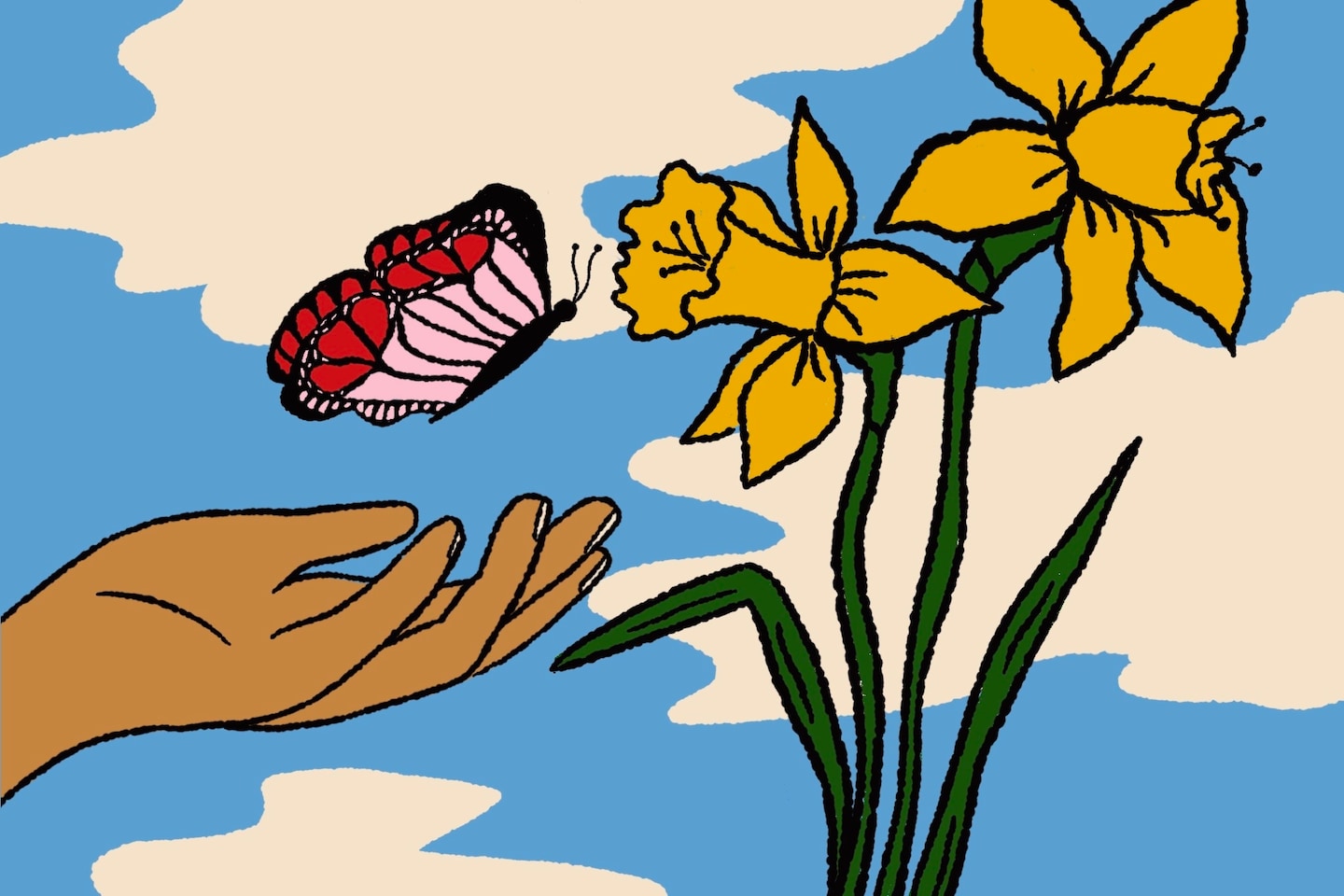While the act of forgiving is often discussed by religious communities, Worthington found that a secular approach to forgiveness can also be a useful strategy for improving health. He and his colleagues recently completed a study in five countries showing that when forgiveness is taught, practiced and achieved, the result is better mental and overall well-being.
“Forgiveness can change the dynamics of relationships and prevent a lot of very expensive things that can happen in society,” said Worthington, professor emeritus at Virginia Commonwealth University. “There are injustices that we experience every day. People don’t have to forgive, it’s a choice people can or can’t make.
Forgiveness as a public health issue
Worthington has developed workbooks and included exercises and prompts that allow people to explore feelings of anger and resentment and learn to let go of them.
The latest version, free to download in five languages, promises you can become a more forgiving person in around two hours, and includes reflection exercises to help you explore specific transgressions and work through feelings of anger and resentment. It is based on the most effective exercises used in previous research and has been condensed to save time and make the program more accessible.
The randomized study, which involved 4,598 participants in Hong Kong, Indonesia, Ukraine, Colombia and South Africa, asked half of the participants to complete the exercises in the workbook on a two week period. (The other half were allowed to try the manual later.)
After two weeks, the study showed that the manual promoted forgiveness and showed a statistically significant reduction in symptoms of depression and anxiety in users compared to the control group. The research is being presented this weekend at Harvard University at an interdisciplinary conference on forgiveness. The study was published as a timed preprint with the conference and is being reviewed for publication by a medical journal.
Similar studies in the United States also show benefits. The findings have broad implications for public health, said Tyler VanderWeele, professor of epidemiology at Harvard TH Chan School of Public Health and director of the Human Flourishing Program.
“I think the experience of being wronged is quite common,” said VanderWeele, co-author of the new research and organizer of the Harvard conference. “We have seen that this Forgiveness Workbook can be used to address forgiveness and improve mental health. If the resource is widely disseminated, the effects on the mental health of the population could be considerable.
Other researchers led by Robert Enright, professor of educational psychology at the University of Wisconsin at Madison, have also focused on forgiveness for youth programs. Their teacher training manuals and programs have been shared with thousands of educators around the world.
Studies have shown that children who forgive do better academically, and overall, forgiveness can lead to lower blood pressure, better sleep, and less anxiety, among other things.
When Forgiveness Seems Impossible
Worthington can understand those who think that forgiveness in certain circumstances simply cannot be obtained. His belief in forgiveness was challenged when his mother was murdered in 1996 – and he was forced to face his own anger at the attacker and the police who bungled an investigation.
“Suddenly there I was, someone who had studied forgiveness, and now I really had to deal with something much more serious than I had ever experienced before,” he said.
He said he was able to forgive the man suspected of the murder, a troubled person with a below average IQ and a history of childhood abuse. It was more difficult, he said, to forgive the police who carried out a botched investigation. Experience has shown him that forgiveness and the desire for justice are not mutually exclusive.
He also learned that sometimes a small transgression can even be harder to let go. “I’m not some kind of super-indulgent,” Worthington said. “I often think of a professor who gave me a B in graduate school. It took me 10 years to forgive him.
Proponents of forgiveness training say it is important to know when and where to forgive. Someone in an abusive relationship, for example, should not forgive. They should seek security.
“The science is clear it works,” said Andrew Serazin, president of the Templeton World Charity Foundation, which helped fund the research. “It helps forgiving people. It helps inside your own skin. That doesn’t mean you can’t seek justice. That doesn’t mean people can’t be judged. This does not mean that there are no consequences. »
The first step to forgiveness is simply deciding to forgive. To gain emotional forgiveness, a person must let go and stop dwelling on the fact that they have been wronged. It requires a conscious choice to replace ill will towards a person with feelings of good will. “Emotional forgiveness takes longer,” Worthington said.
The recent study focused on the REACH forgiveness method. REACH means:
- Reminder: remember the injury. Look at the incident objectively and don’t try to put aside your feelings.
- Empathize: Empathize with the abuser, without excusing the action or invalidating your own feelings. Maybe the person was having a bad day or was raised in dire circumstances.
- Selfless Gift: Give the selfless gift of forgiveness. Think of a time when you were rude or harsh and acknowledge that everyone has flaws.
- Commit: make the decision to forgive. You can write a letter that you don’t send to help you get involved.
- Hold: Hold on to forgiveness. Memories of the transgression or event will not change. But how you react to those feelings will.
Although the forgiveness study showed that people benefited from the intervention, it also found that the effects may wear off over time, underscoring the need for continued practice. Practice can start with small acts. If someone cuts the line or is rude to you at checkout, take the opportunity to forgive, acknowledging that the bad behavior wasn’t personal.
“Forgiveness doesn’t solve all problems,” Worthington said. “But forgiveness frees. This is the right answer to being wronged.

